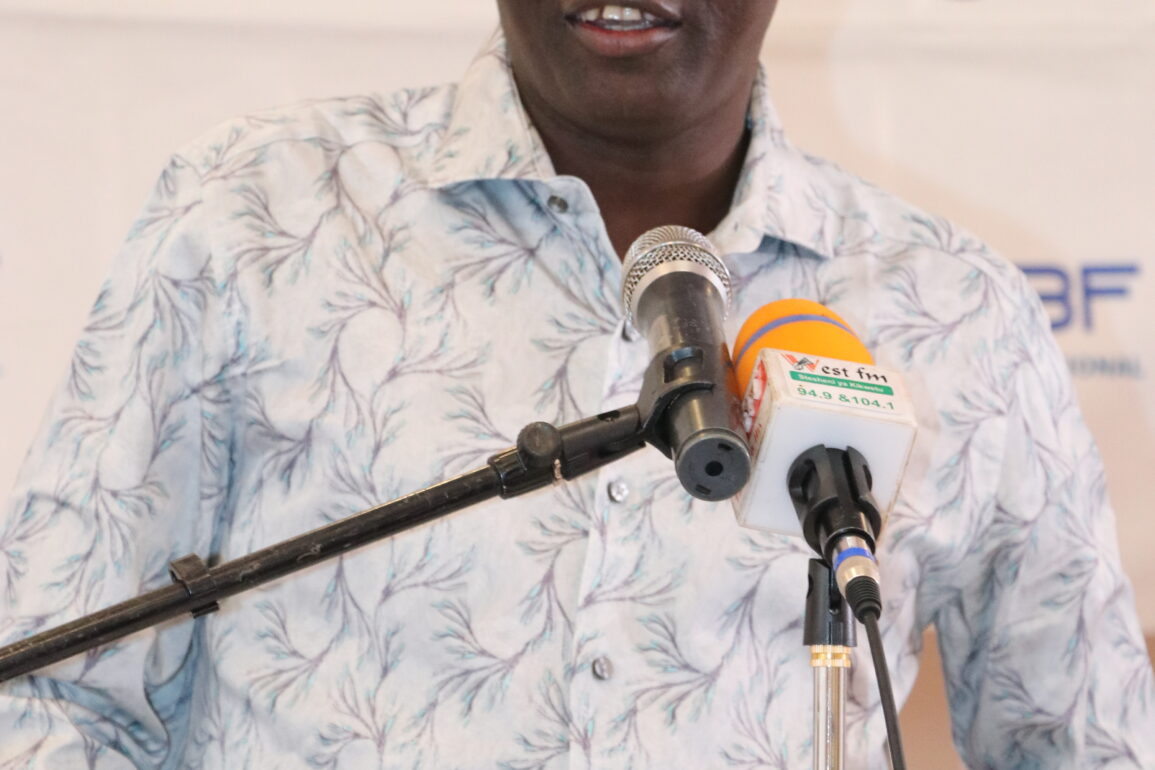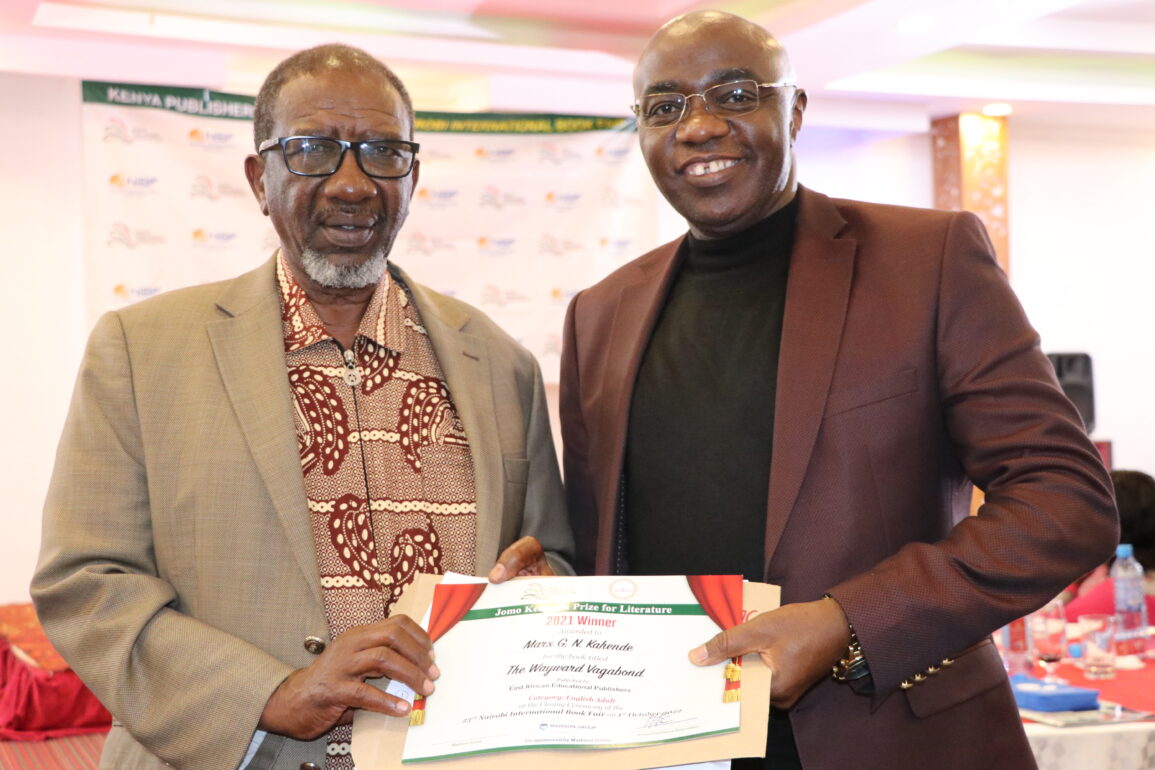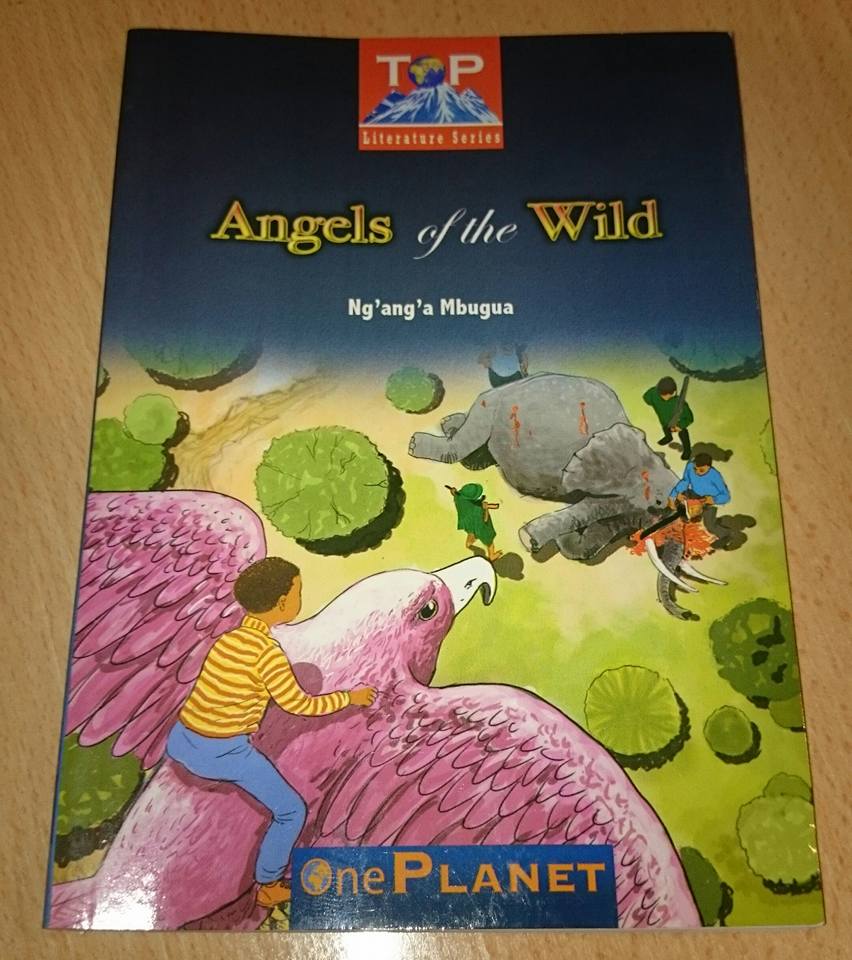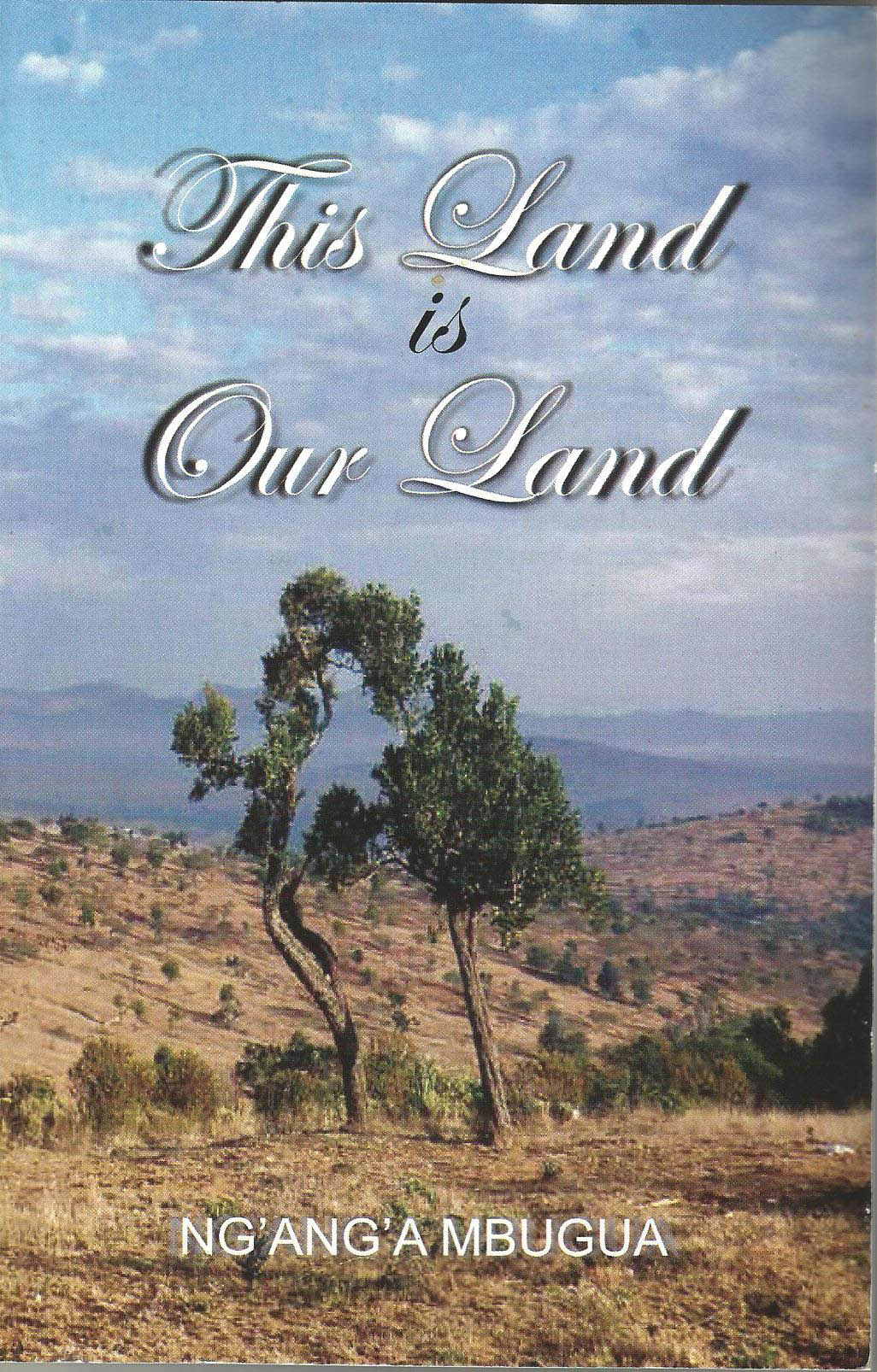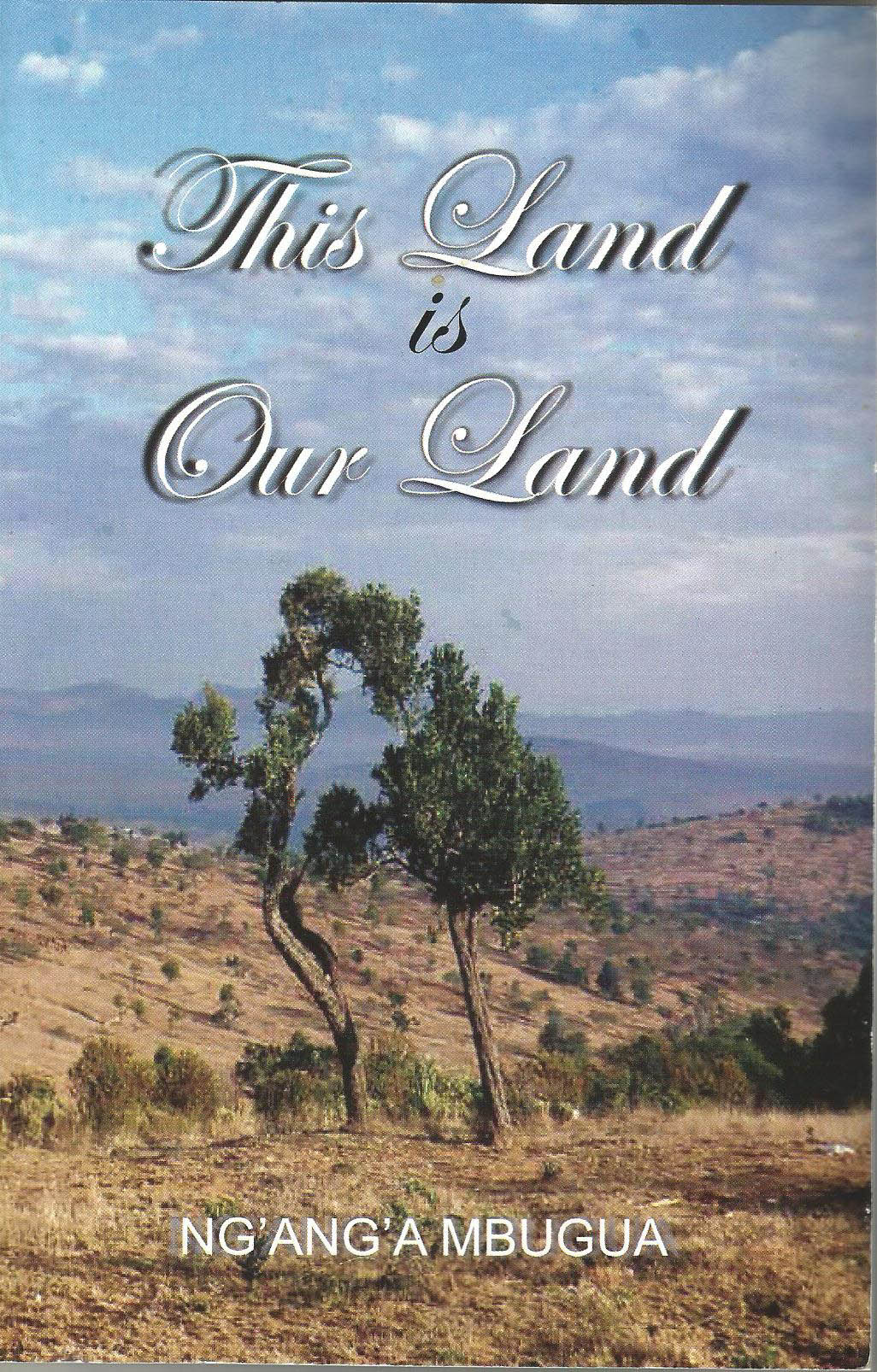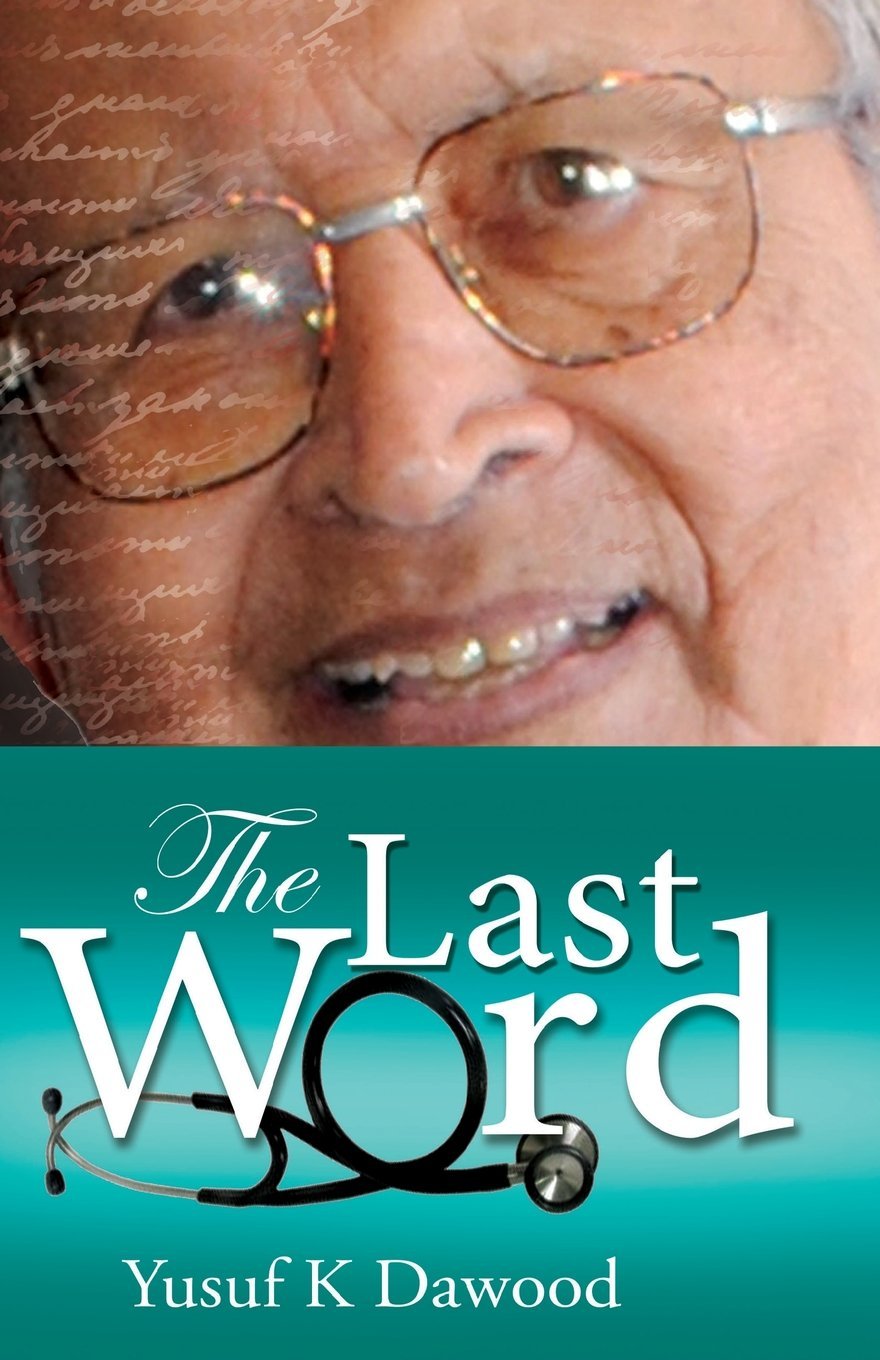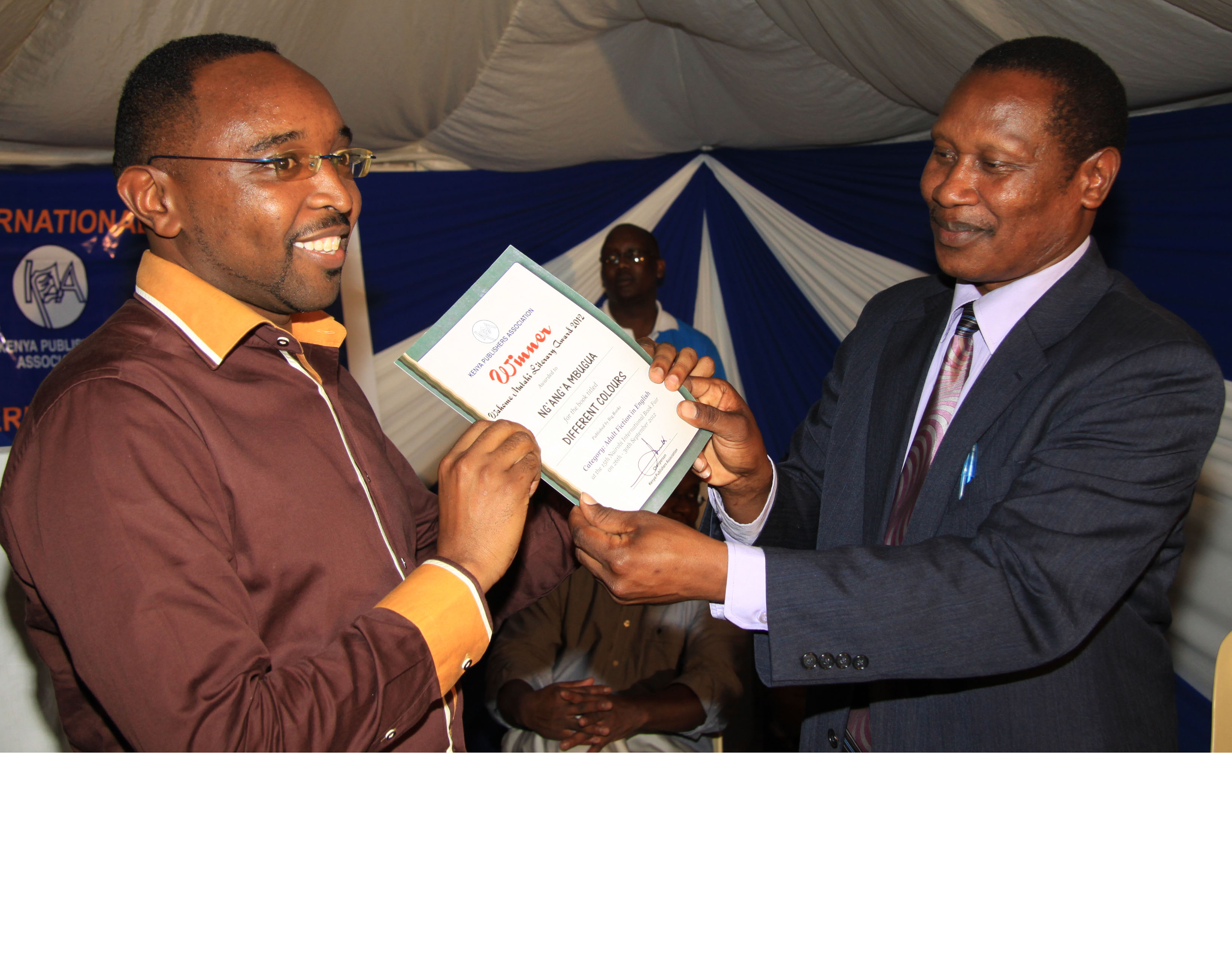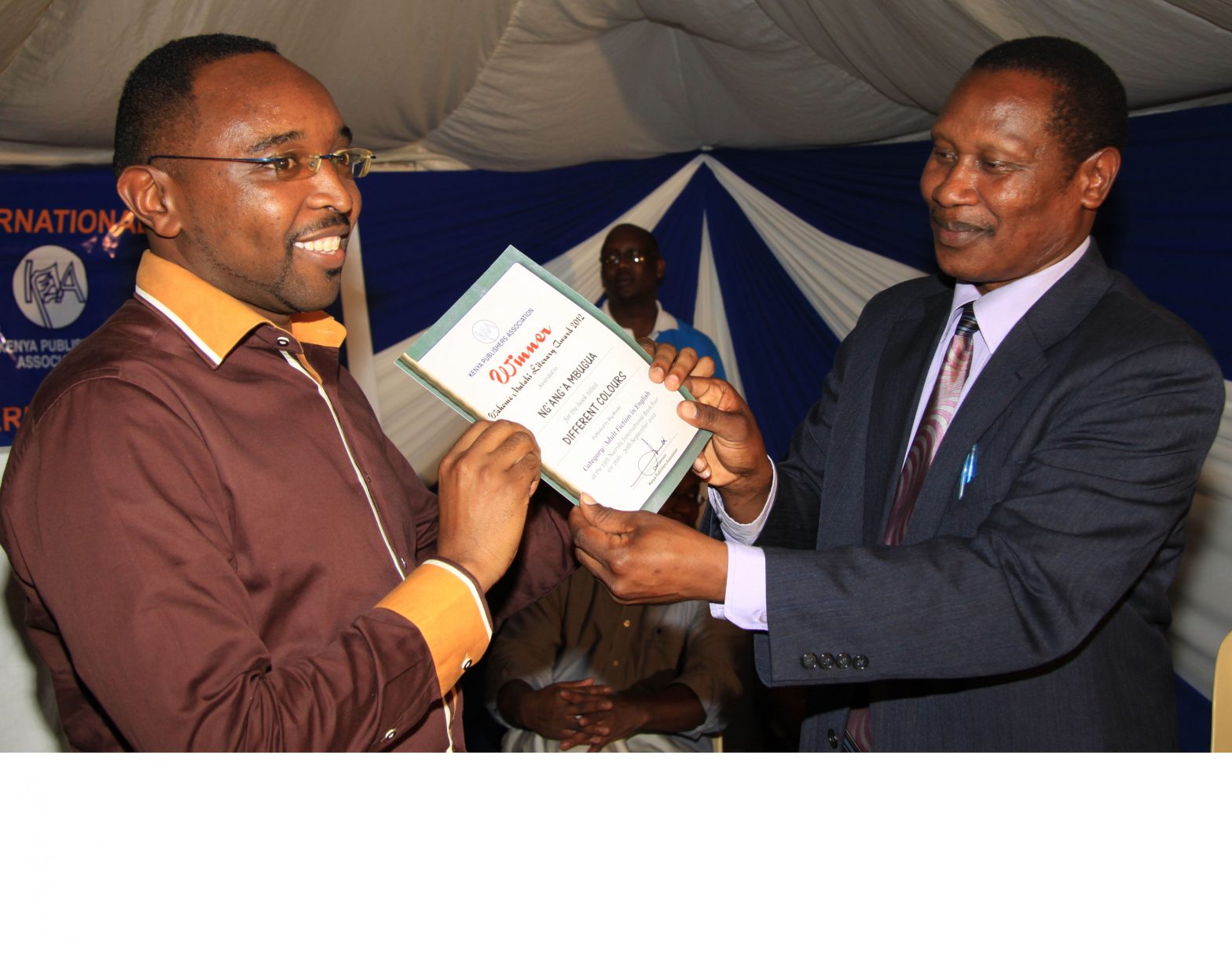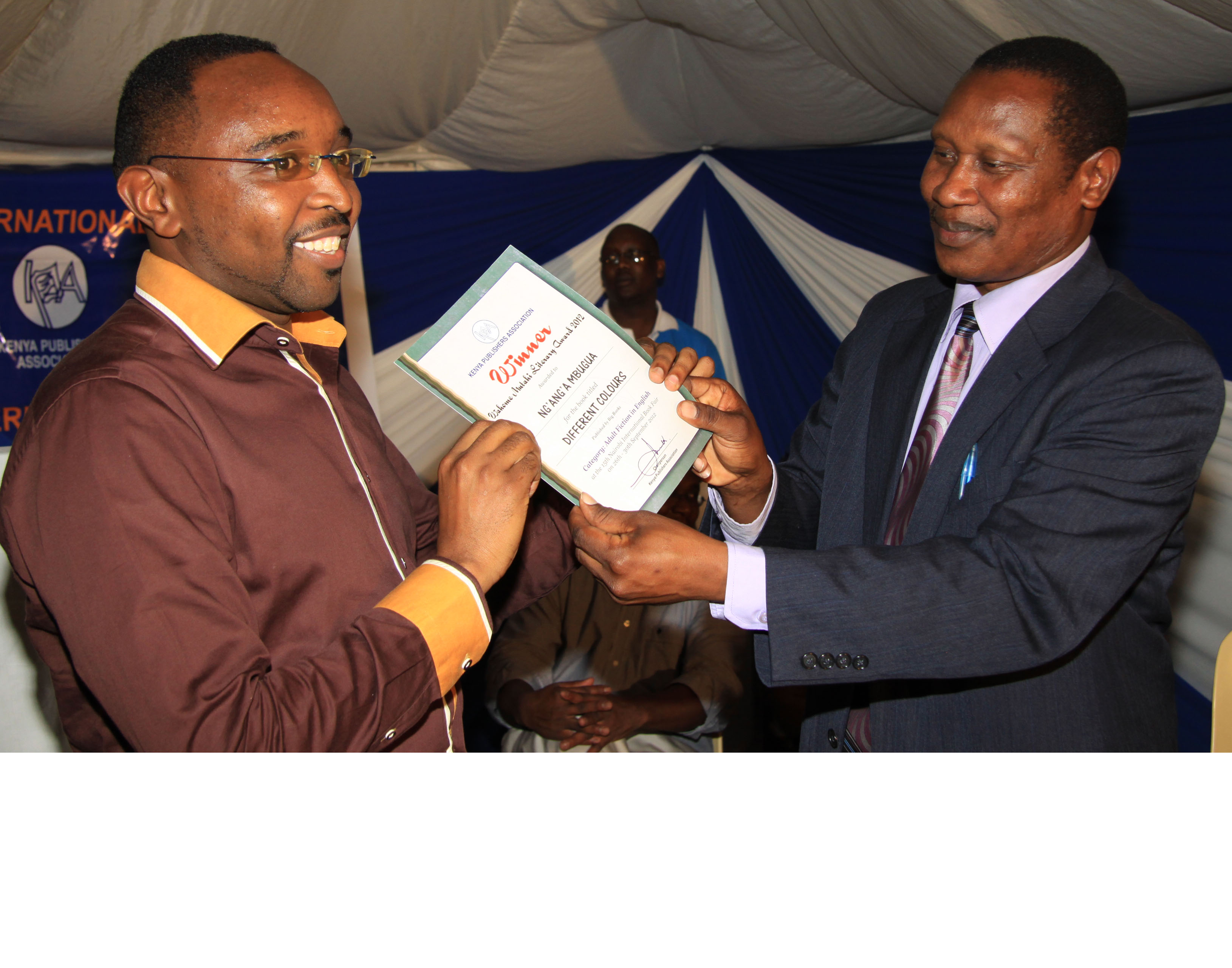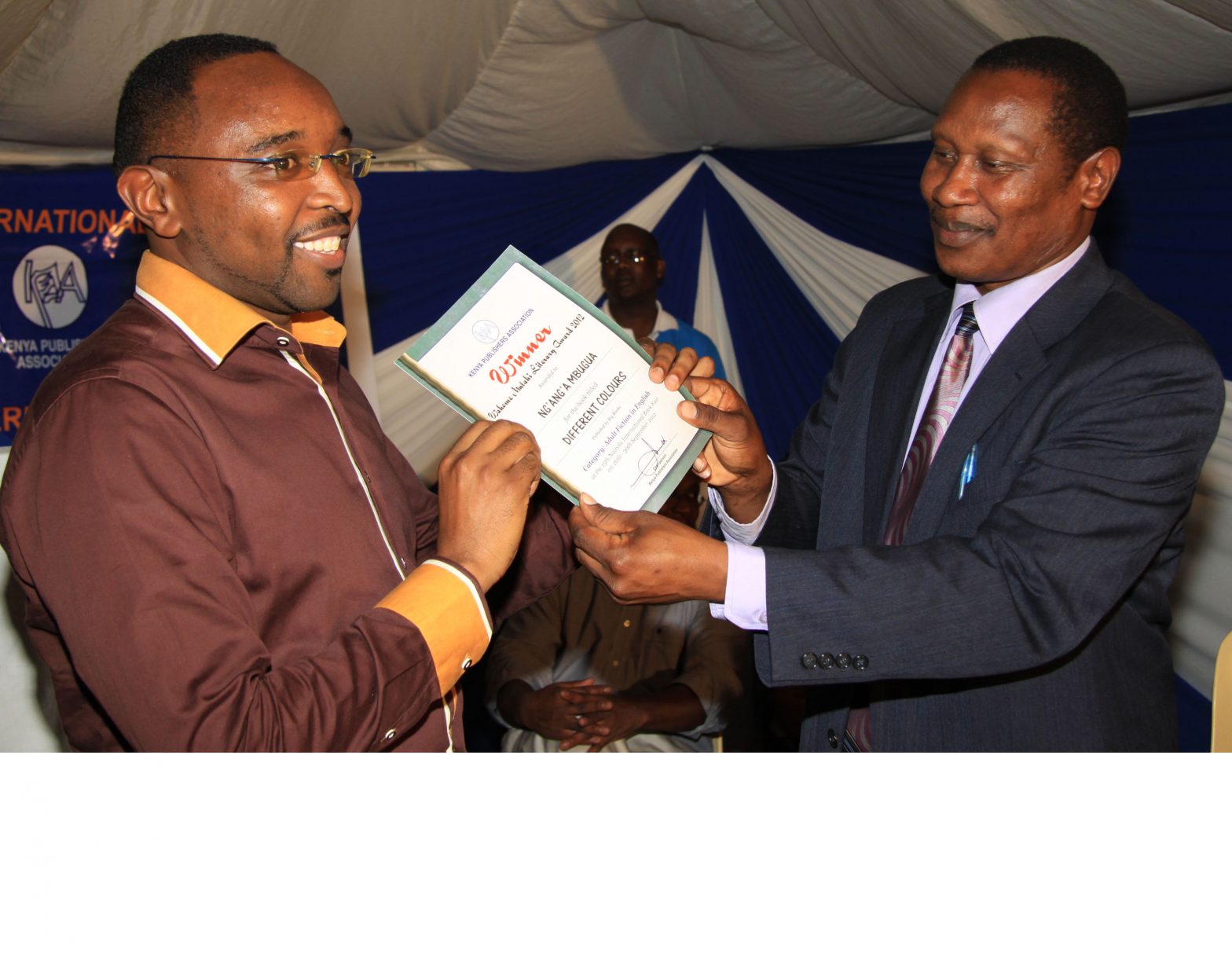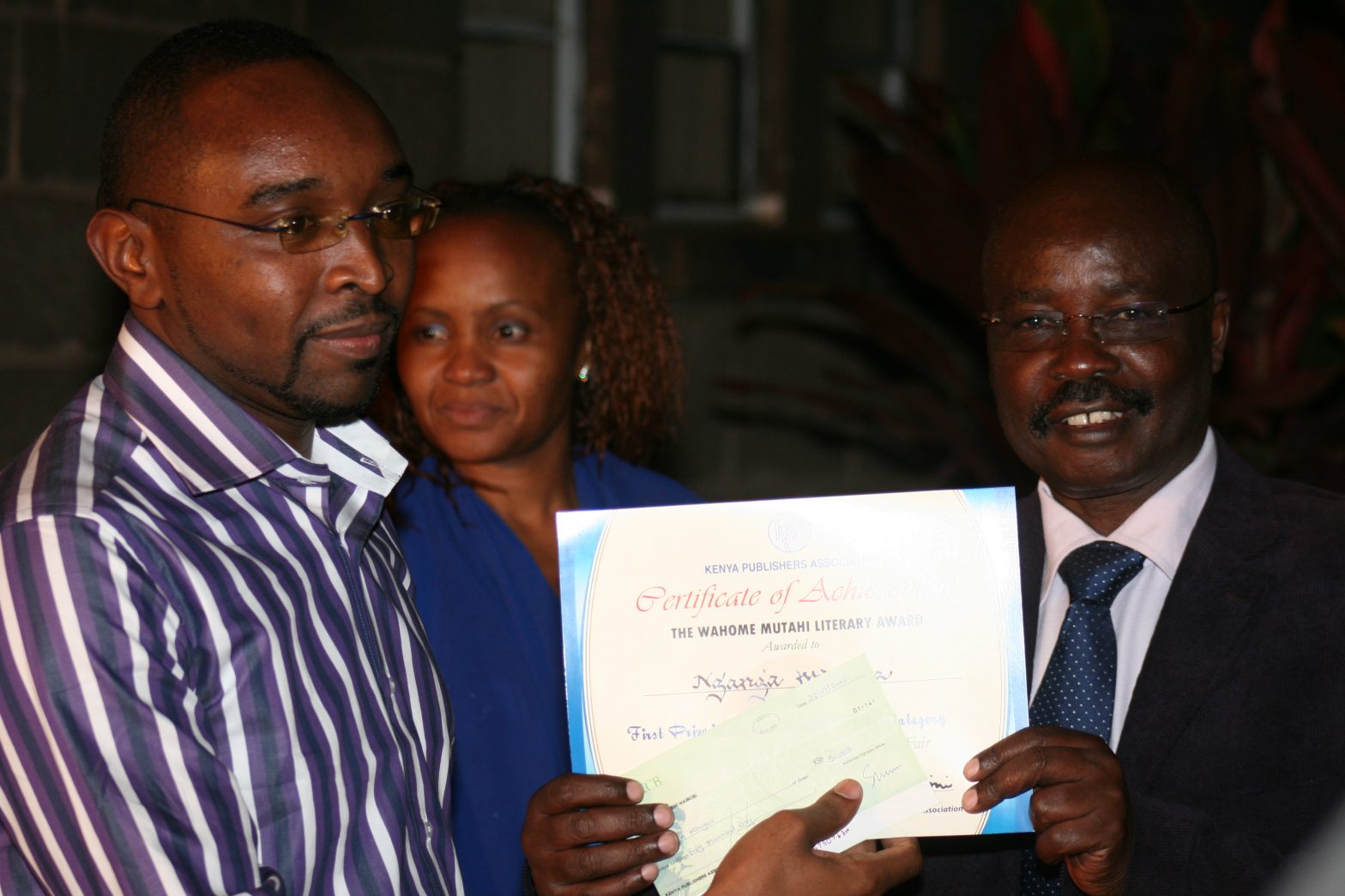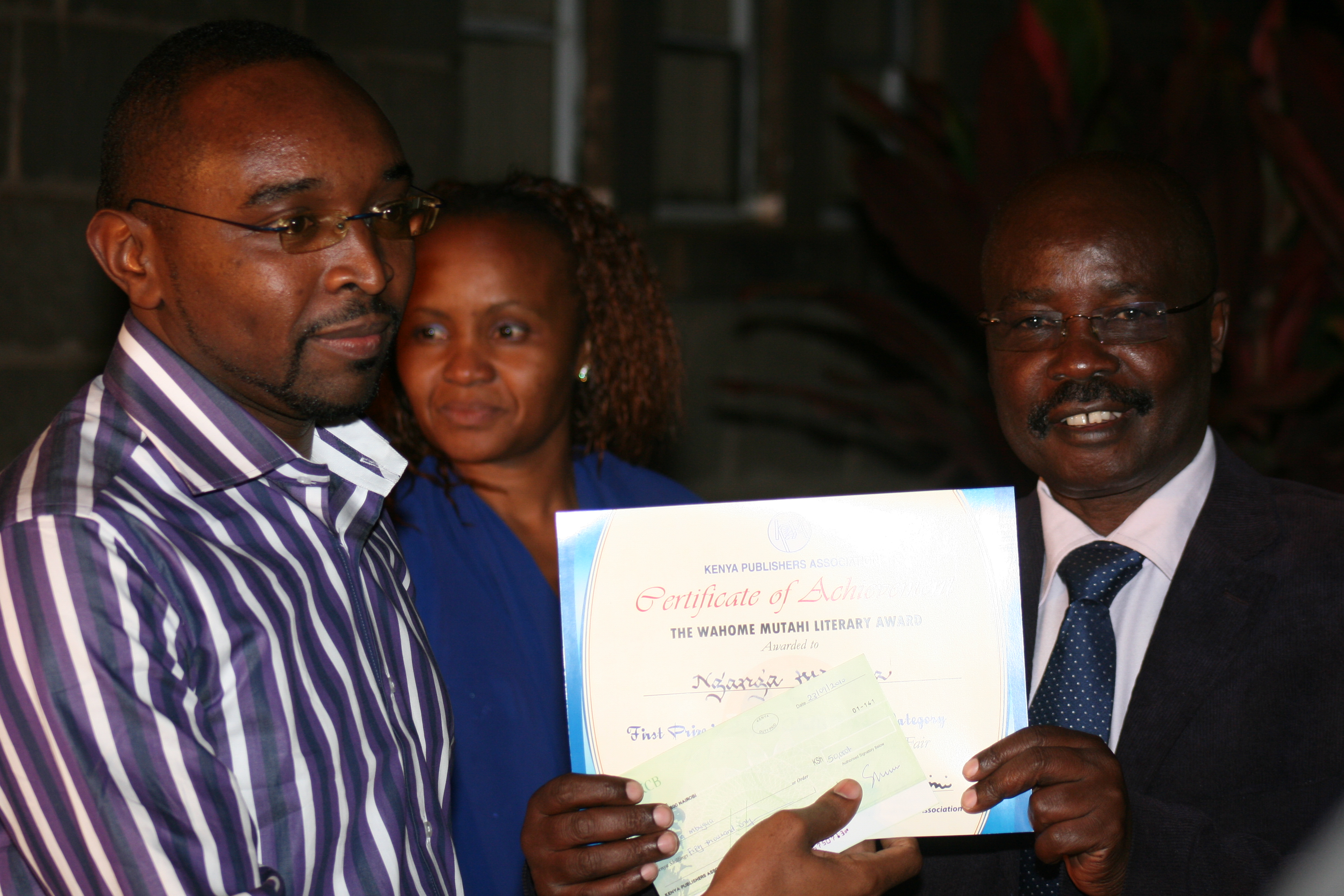Despite the challenges facing the local writing industry, writer Onduko bw’Atebe prefers to see it as a half full glass rather than half empty. “The Kenyan writing scene is changing for the better,” he says. “More people are getting into the scene which is a good thing.”
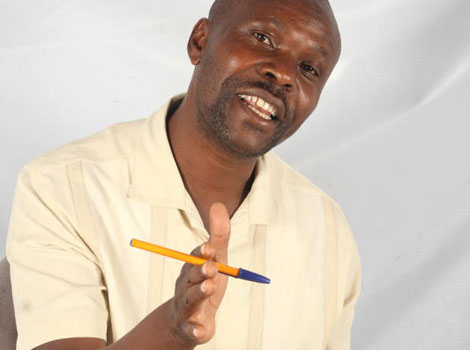
Atebe’s book Verdict of Death, published EAEP, won the inaugural Wahome Mutahi Literary Prize in 2006. The prize is awarded by the Kenya Publishers Association (KPA) every two years in honour of the late humourist Wahome Mutahi of the Whispers fame. It alternates with the more established Jomo Kenyatta Prize for Literature, also ran by KPA.
Towards the end of September 2014 KPA announced Yusuf Dawood as the fifth winner of the Wahome Mutahi Literary Award with his book The Last Word, which is a collection of past episodes of his Surgeon’s Diary column. He beat off competition from Nation editor Ng’ang’a Mbugua, who had submitted This Land is our Land (Big Books), a collection of poetry, and A Gift from A stranger (KLB), a play written by University of Nairobi lecturer Waigwa Wachira.
It is worth noting that Yusuf Dawood pocketed sh50,000, the same amount Atebe won eight years ago. In the intervening period the cost of living has shot up, inflation has given Kenyans a hiding and still writers get the same amount of money for an effort that took them the better part of four years. It is any wonder Kenyan writers do not have enough motivation to write?
Atebe took time off his busy schedule to talk about the award and Kenyan writing in general. While acknowledging that things could be better he nevertheless feels that positive strides have been made in the writing scene. “Some of our Kenyan authors have made their presence known on the international scene,” he offers. “Billy Kahora of Kwani? has been nominated twice for the Caine Prize for African Writing. Vyonne Owuor’s blockbuster Dust is currently scorching the literary world. Compared to eight years ago Binyavanga has firmly established himself in the international literary scene.”
“Let us also not forget Okwiri Oduor who won the Caine Prize this year with her short story My Father’s Head. You see, good things are happening on the local writing scene. With such shining examples our children have something worthwhile to aspire to,” says Atebe.
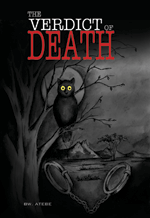
In spite of the progress he has enumerated Atebe is however convinced that a lot needs to be done to improve the welfare of local writers; those who do not have international connections like the ones he has mentioned above. “The uncomfortable truth is that it can be difficult for someone to make ends meet through writing alone in Kenya,” he explains. “You see after my book won the prize I thought I would live off writing. I even took an initiative to market it in schools across the country but at the end I realised that my expenses far outstripped what I was making.”
Faced with the stark reality of a shrivelled bank account Atebe decided to cast his net wider and veered off into business. “Here in Kenya you need a firm financial background only then can you embark on writing,” says Atebe who today is a contractor in the rural electrification sector.
His business endeavours however have left him with little time to put pen on paper. “My work eats up most of my time,” he says. “I am forever on the road; come evening I am exhausted and sleepy.” Verdict of Death remains his only book. “I had a completed manuscript but it was destroyed when a virus wreaked havoc on my computer. I spent a lot of time grieving over the lost manuscript.”
He assures his readers that if all goes well they will be reading another of his books in the ‘near future’. “I have two incomplete manuscripts I am working on. The good thing is that I am not new in the field of writing,” he explains. “A number of publishers have approached me asking me to write for them, so I am not short of options.”
Atebe asks Kenyan publishers to pull up their socks as far as marketing creative works is concerned. “They don’t do much marketing which explains why readers are not aware of what is available by local authors,” he says. He disputes the notion that Kenyans do not read. “Visit any local bookshop today and you will see stacks and stacks of novels, only that they are by Western authors. You can’t buy something you are not aware of” he adds.
He faults his publisher EAEP for not doing enough to market his book after it won the Wahome Mutahi Prize. “The least they would have done it to ensure that subsequent editions have a stamp indicating that it won a prize. That would have helped boost the sales,” he explains.
He is happy that Yusuf Dawood won the Wahome Mutahi Prize. “I really enjoy reading what the good surgeon writes,” says Atebe.

